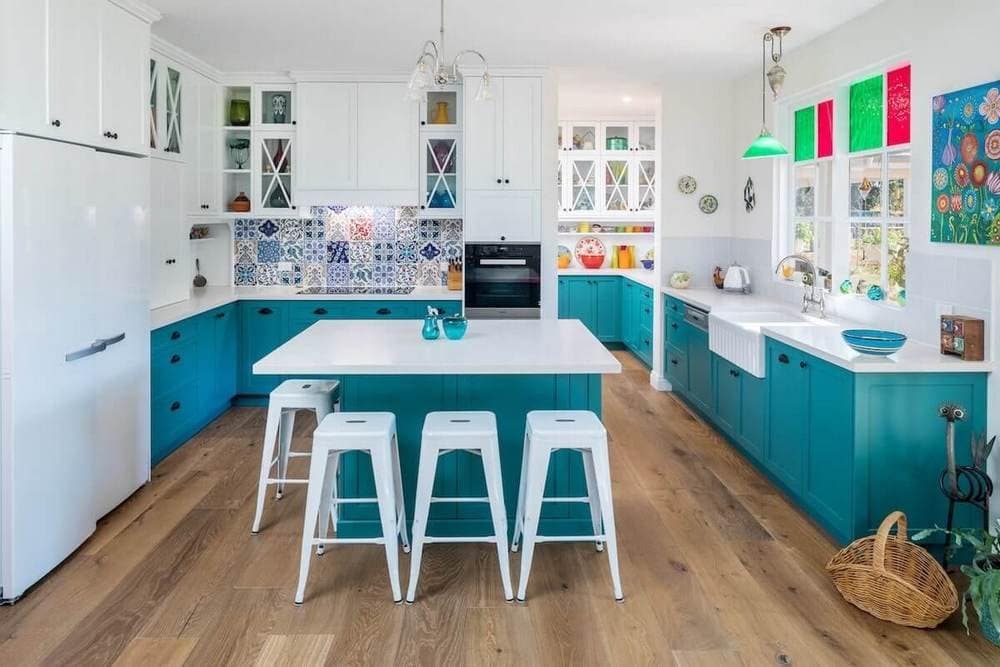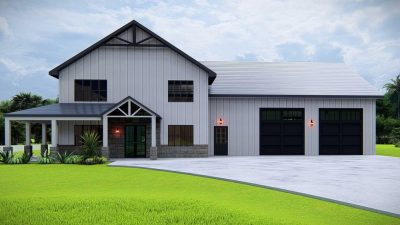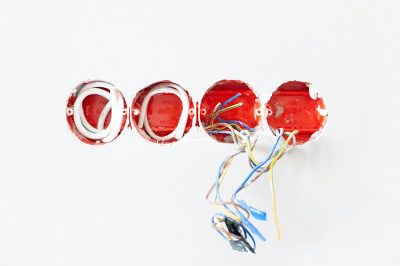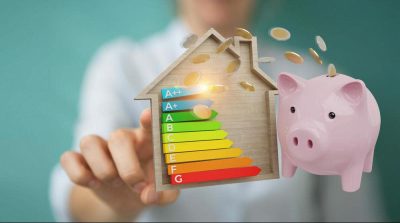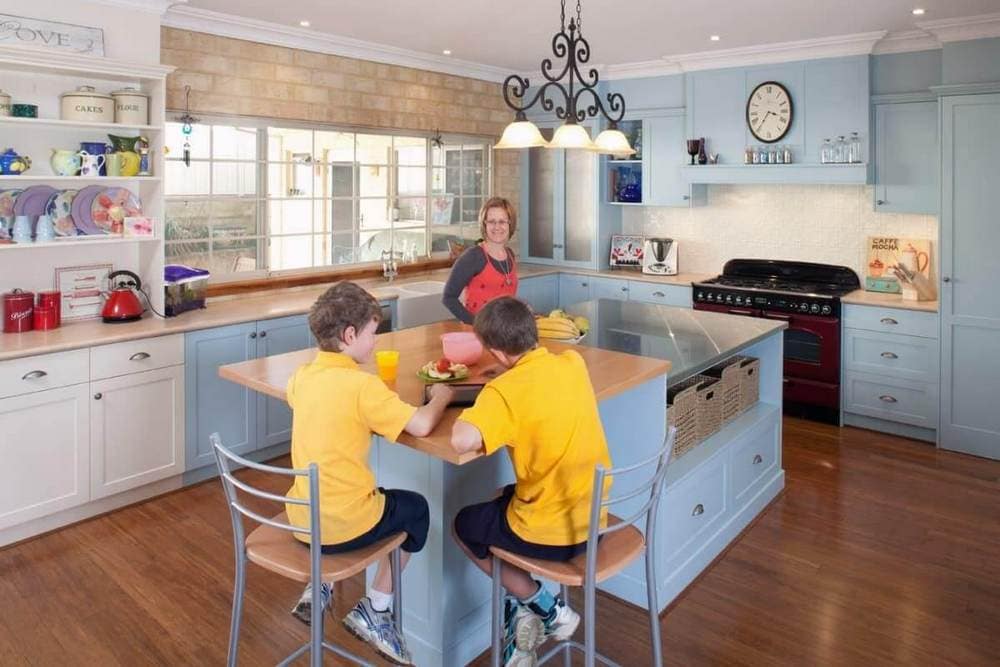
In an era where environmental consciousness is at the forefront of our minds, sustainable living practices have become more than just a trend – they are a necessity. Homeowners are increasingly seeking eco-friendly renovation solutions to reduce their carbon footprint and create healthier living spaces. The kitchen, often considered the heart of a home, is a prime area for sustainable upgrades.
In this article, we will explore innovative and practical strategies for a green kitchen revolution that incorporates sustainable and eco-friendly elements into the renovation process.
Earth-Friendly Kitchen Renovation: Eco-Conscious and Sustainable Revamping Method
Choose Energy-Efficient Appliances
One of the most impactful steps in creating a green kitchen is selecting energy-efficient appliances. When shopping for new appliances, look for the Energy Star label, which indicates that the appliance meets strict energy efficiency guidelines set by the U.S. Environmental Protection Agency. Energy-efficient appliances not only reduce your energy consumption but also lower utility bills, making them a cost-effective and eco-friendly choice.
Optimize Natural Lighting
Natural lighting not only enhances the aesthetics of a kitchen but also reduces the need for artificial lighting during the day. During the renovation process, consider installing larger windows or skylights to maximize natural light penetration. Additionally, using light-colored, reflective surfaces for walls, ceilings, and countertops can help bounce natural light around the kitchen. When planning your kitchen renovation, consult with a reputable kitchen company that specializes in eco-friendly designs to ensure seamless integration of sustainable features,
Sustainable Materials and Finishes
Choose sustainable and eco-friendly materials for your kitchen renovation. Look for cabinets made from recycled or certified sustainably harvested wood. Recycled glass or bamboo countertops are excellent alternatives to traditional options. Opt for low-VOC (volatile organic compound) paints and finishes to improve indoor air quality and minimize harmful emissions. Keep in mind, that Renovation Capital prioritizes sustainability and ensures improved indoor air quality and a reduced environmental impact for a healthier living space.
Efficient Water Usage
Water conservation is crucial for any eco-friendly kitchen. Install low-flow faucets and aerators to reduce water consumption without compromising functionality. Consider investing in a water filtration system to eliminate the need for bottled water, which generates plastic waste and has a considerable environmental impact.
Recycled and Upcycled Décor
Inject character into your kitchen by incorporating recycled and upcycled décor elements. From reclaimed wood shelves to repurposed vintage lighting fixtures, these unique additions add charm while reducing the demand for new materials. Thrift stores and salvage yards can be treasure troves for finding one-of-a-kind pieces that align with your green kitchen vision.
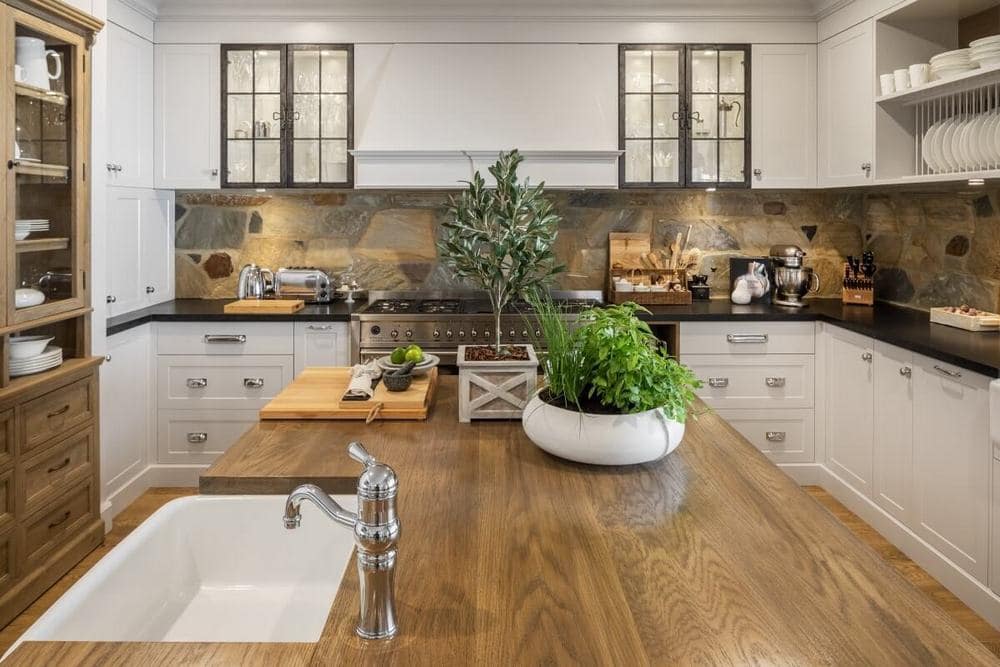
Compost and Recycling Stations
Create designated areas in your kitchen for composting and recycling. Composting kitchen waste not only reduces the amount of organic material sent to landfills but also creates nutrient-rich compost for your garden. Similarly, recycling stations encourage proper waste disposal, diverting recyclable materials from the trash bin.
Smart Kitchen Technology
Embrace smart kitchen technology to optimize energy and water consumption. Smart thermostats can regulate your refrigerator and freezer temperatures more efficiently, reducing energy waste. Connected appliances can be controlled remotely, ensuring you never leave appliances running unnecessarily.
Energy-Efficient Lighting
Swap traditional incandescent bulbs with energy-efficient LED lighting. LEDs consume significantly less energy, last longer, and emit less heat. Incorporate task lighting to illuminate specific work areas, reducing the need to light up the entire kitchen.
Green Flooring Options
Traditional flooring materials, such as vinyl and non-renewable resources like hardwood, can have adverse environmental impacts. Explore sustainable flooring options like bamboo, cork, or linoleum, which are durable, renewable, and biodegradable.
Urban Farming in the Kitchen
Take sustainability to the next level by incorporating urban farming elements in your kitchen. Install vertical gardens, herb planters, or even hydroponic systems to grow your own fresh produce at home. This reduces the need for store-bought produce, minimizes packaging waste, and promotes healthier eating habits.
Embracing urban farming in the kitchen not only enhances the aesthetics of the space but also establishes a direct connection with your food sources. Growing your own herbs, vegetables, and fruits empowers you to consume locally and seasonally, further reducing your carbon footprint. Lastly, cultivating your food in a controlled environment allows you to avoid harmful pesticides and chemicals, ensuring a healthier and more nutritious harvest.
Waste Reduction and Recycling Integration
Incorporate waste reduction and recycling practices into the design and layout of your green kitchen. Opt for cabinets and storage solutions that allow for efficient organization and waste separation. Consider installing pull-out bins for recycling and composting, making it easier to sort and dispose of waste responsibly. By promoting recycling integration within the kitchen space, you can reinforce sustainable habits and reduce the overall amount of waste sent to landfills.
Conclusion
A green kitchen revolution is not only an environmentally responsible choice but also a pathway to creating a healthier and more sustainable home. By implementing energy-efficient appliances, maximizing natural light, using sustainable materials, and incorporating eco-friendly practices, homeowners can create a beautiful and functional kitchen that aligns with their environmental values. Embrace the opportunity to make a positive impact on the planet through your kitchen renovation, setting an example for a greener and more sustainable future.
